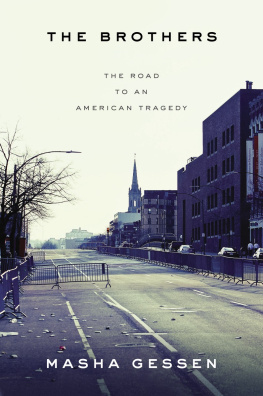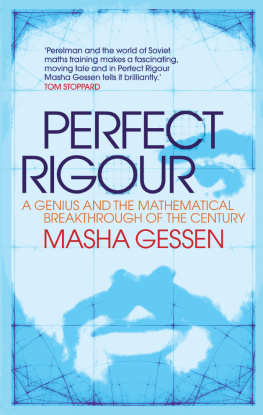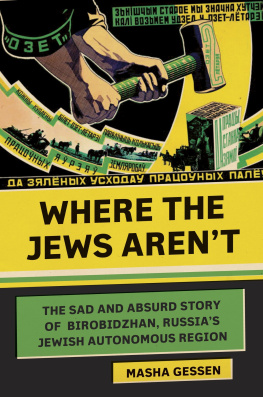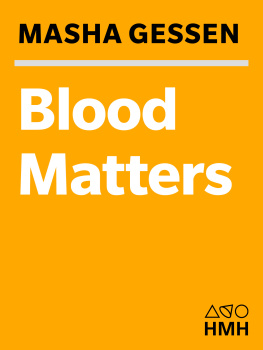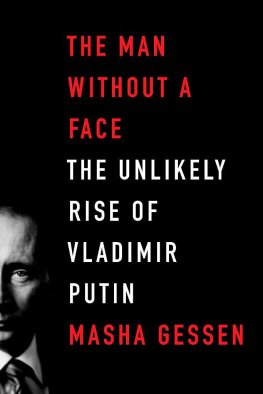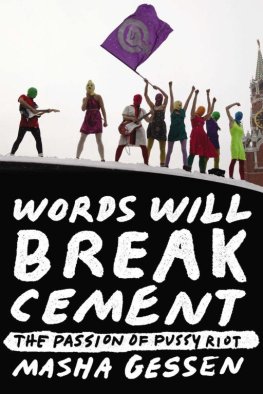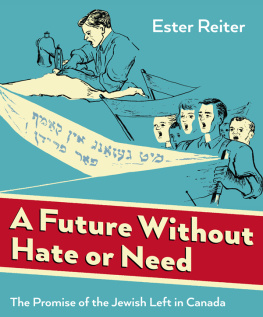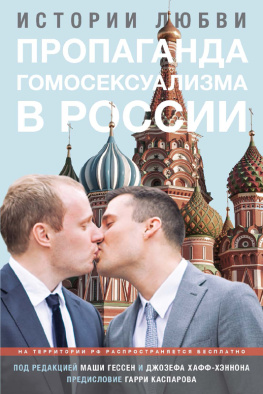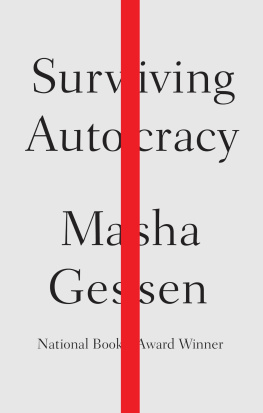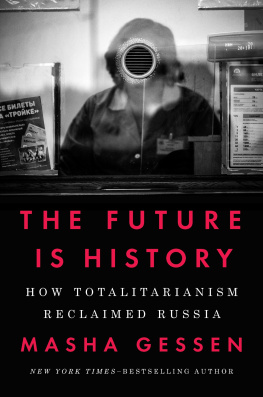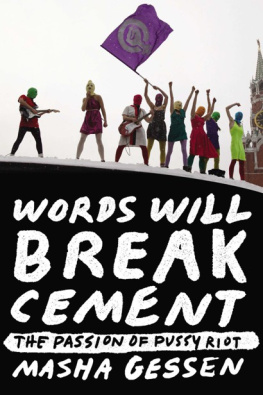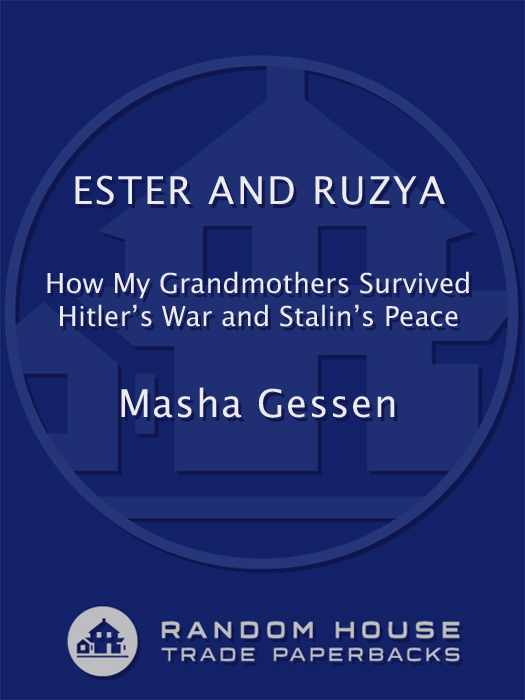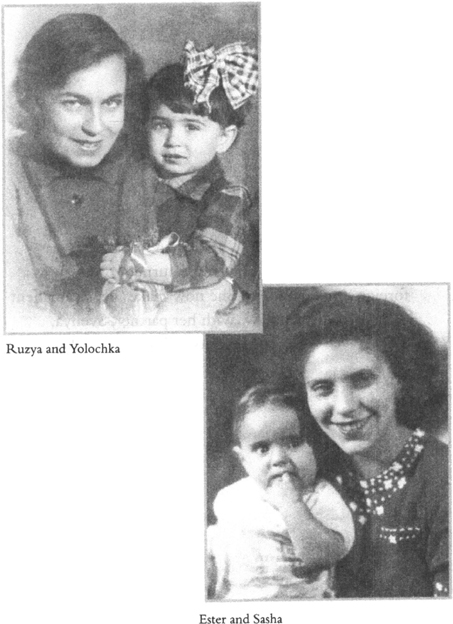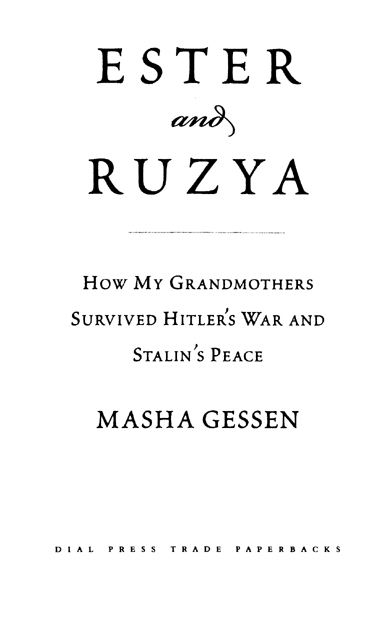Masha Gessen - Ester and Ruzya: How My Grandmothers Survived Hitler’s War and Stalin’s Peace
Here you can read online Masha Gessen - Ester and Ruzya: How My Grandmothers Survived Hitler’s War and Stalin’s Peace full text of the book (entire story) in english for free. Download pdf and epub, get meaning, cover and reviews about this ebook. year: 2005, publisher: Dial Press, genre: Non-fiction. Description of the work, (preface) as well as reviews are available. Best literature library LitArk.com created for fans of good reading and offers a wide selection of genres:
Romance novel
Science fiction
Adventure
Detective
Science
History
Home and family
Prose
Art
Politics
Computer
Non-fiction
Religion
Business
Children
Humor
Choose a favorite category and find really read worthwhile books. Enjoy immersion in the world of imagination, feel the emotions of the characters or learn something new for yourself, make an fascinating discovery.

- Book:Ester and Ruzya: How My Grandmothers Survived Hitler’s War and Stalin’s Peace
- Author:
- Publisher:Dial Press
- Genre:
- Year:2005
- Rating:3 / 5
- Favourites:Add to favourites
- Your mark:
Ester and Ruzya: How My Grandmothers Survived Hitler’s War and Stalin’s Peace: summary, description and annotation
We offer to read an annotation, description, summary or preface (depends on what the author of the book "Ester and Ruzya: How My Grandmothers Survived Hitler’s War and Stalin’s Peace" wrote himself). If you haven't found the necessary information about the book — write in the comments, we will try to find it.
In this deeply moving family memoir, journalist Masha Gessen tells the story of her two beloved grandmothers: Ester, the quicksilver rebel who continually battled the forces of tyranny; Ruzya, a single mother who joined the Communist Party under duress and made the compromises the regime exacted of all its citizens. Both lost their first loves in the war. Both suffered unhappy unions. Both were gifted linguists who made their living as translators. And both had childrenEster a boy, and Ruzya a girlwho would grow up, fall in love, and have two children of their own: Masha and her younger brother.
With grace, candor, and meticulous research, Gessen peels back the layers of secrecy surrounding her grandmothers lives. As she follows them through this remarkable period in historyfrom the Stalin purges to the Holocaust, from the rise of Zionism to the fall of communismshe describes how each of her grandmothers, and before them her great-grandfather, tried to navigate a dangerous line between conscience and compromise.
Ester and Ruzya is a spellbinding work of storytelling, filled with political intrigue and passionate emotion, acts of courage and acts of betrayal. At once an intimate family chronicle and a fascinating historical tale, it interweaves the stories of two women with a brilliant vision of Russian history. The result is a memoir that reads like a noveland an extraordinary testament to the bonds of family and the power of hope, love, and endurance.
From the Hardcover edition.
Masha Gessen: author's other books
Who wrote Ester and Ruzya: How My Grandmothers Survived Hitler’s War and Stalin’s Peace? Find out the surname, the name of the author of the book and a list of all author's works by series.

